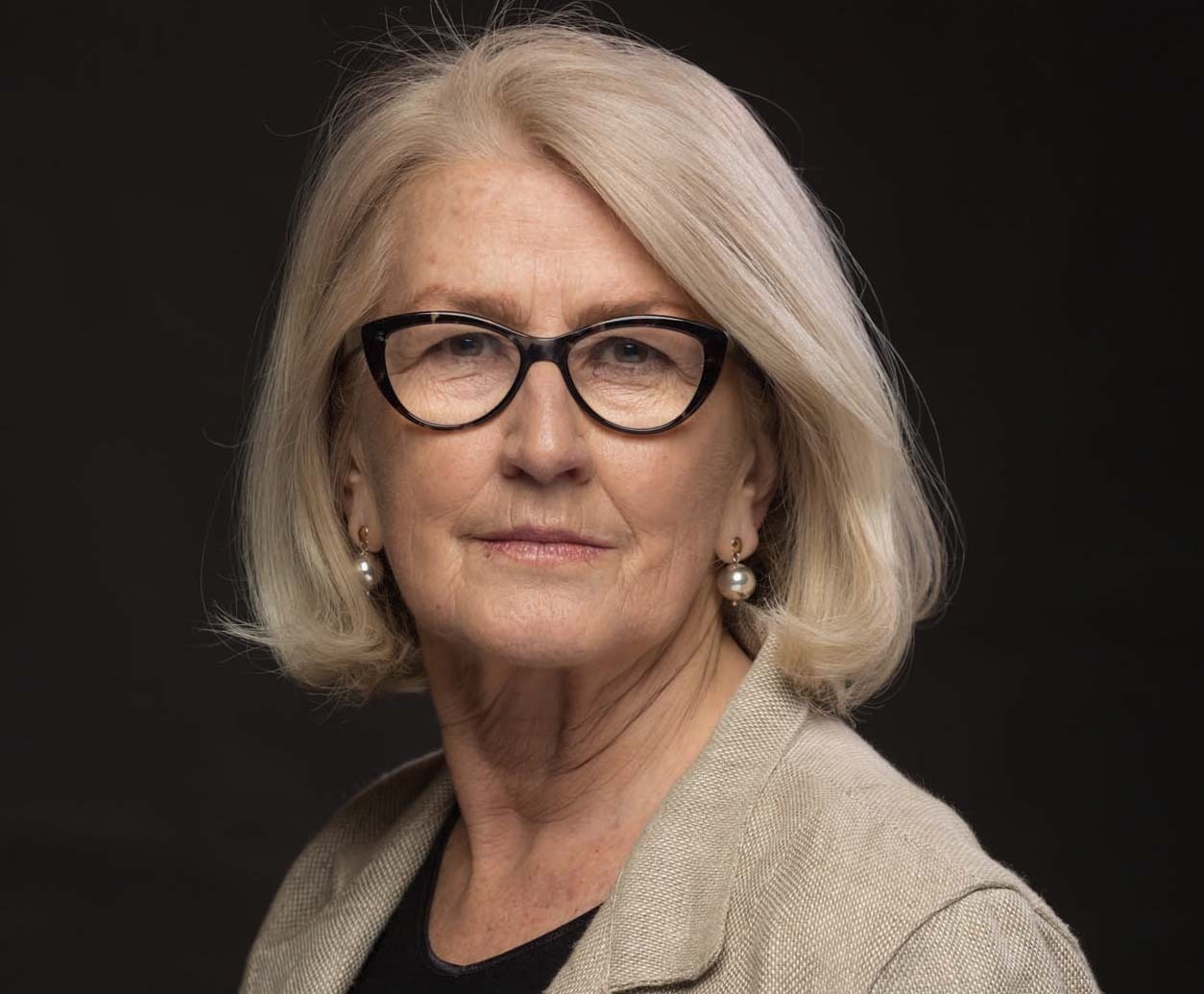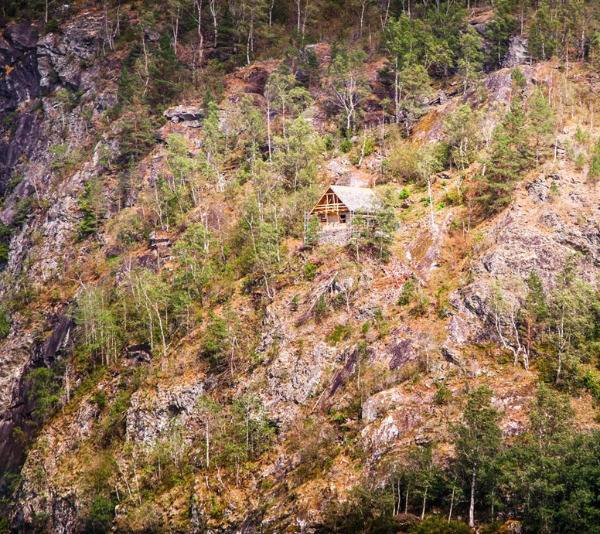
This article is a preview from the Spring 2020 edition of New Humanist
Ann Pettifor is a political economist whose work focuses on the global financial system, international finance and sustainable development. She is director of Prime: Policy Research in Macroeconomics, a network of economists that promotes Keynes’s monetary theory and policies, and co-founded Jubilee 2000, the worldwide campaign for debt cancellation. She is also a fellow of the New Economics Foundation. Her latest book is “The Case for the Green New Deal”.
What is the Green New Deal?
We have raised the temperature of the planet by over-producing and over-consuming. That involves burning fossil fuels to create all the goods and services we need. The Green New Deal argues that we need public authority over the monetary system if we are to manage the economic system, so that we can lower our emissions and protect the ecosystem. To manage the outputs of oil, coal and gas, we must manage the input of credit. This is done by pouring credit into the globalised markets and making it possible for people to borrow, and then spend in production and consumption.
To manage emissions we must manage the flow of credit. Right now, that is left to the invisible hand of unregulated market forces. Environmentalists typically say: our concern is with trees, water, the landscape, and with our natural system. But it’s wrong to think about emissions in isolation.
The ideas of the economist John Maynard Keynes pop up quite a bit in your book. What can we learn from him?
Keynes’s view was that if you manage the financial system, then the economic system will manage itself. He was a capitalist who thought it was really important for the public authorities to manage the financial system in the same way that they look after, say, the public sanitation system. These public systems are used collectively and so they must be regulated.
Another figure you quote at length is the 32nd US President Franklin D. Roosevelt, who enacted the New Deal in the 1930s.
The Green New Deal is modelled on Roosevelt’s work. He was a remarkable figure. When he came to power in the 1930s, the economic conditions that prevailed were quite similar to what they are today. There was a global financial system where the free market was deciding on matters like exchange rates, the value of the currency, the cost of borrowing, and whether or not money should flow in and out of borders. Roosevelt argued that the United States had been in a deep depression and a deflationary period because the monetary system was effectively managed by Wall Street.
He began the process of dismantling the monetary system by demanding that interest rates – and other important levers in the economy – would no longer be decided by Wall Street. This put the government in the driving seat of the economy. Roosevelt was also faced with a catastrophic ecological crisis during the Dust Bowl [severe dust storms that hit the American prairies during the 1930s]. Trees had to be planted, and soil restored back to health. There was a lot of investment in people and in the land during the New Deal.
Your book talks about “the hegemony and imperialism” of the US dollar. Globally, what impact does the US dollar have on economics and geopolitics?
The power of the dollar is backed up by the military and economic power of the United States. But the way that power is managed is devastating and harmful for the ecosystem and the planet. By “dollarising” the entire global economy, we are being subjected to what is good for the United States.
This means massive imbalances in the global economy, particularly for countries in the Global South. This has led to political tensions that could eventually result in World War Three. So we can choose to go to war, or we can choose to alter the [financial] system that causes these imbalances.
Do global institutions such as the World Bank and the International Monetary Fund (IMF) do more harm than good?
The IMF and the World Bank have lost their way and no longer exist to bring prosperity to countries. These global institutions act as agents for global capital markets and have become enforcers and policemen who act on behalf of the world’s creditors. Those creditors can be countries, corporate firms (such as, say, the global investment management company Blackrock) or private individuals.
Can individual countries effectively challenge global market forces?
If a country like Britain wants to “take back control”, then it needs to manage the flow of capital across its borders. This would ensure that global capitalist markets don’t get to decide what is the rate of interest for Britain, or what Britain should be investing in or not. If the flow of capital isn’t controlled, these choices tend to be made beyond the control of individual countries, their governments and their representatives.
Your book is tough on multinational corporations. Why are you so critical of them?
Big corporations come and operate in the UK and then refuse to pay taxes. They then take their profits and invest them in Ireland or somewhere else where their tax rates are low. They can do this because of capital mobility. If we want the tax system to be fairer, we have to manage the flow of capital across borders. To Apple, Amazon and other such corporations, we need to be saying: if you are making profits here in this country, you must pay your taxes. But governments cannot do that if these corporations have the power to move their money without any hindrance whatsoever.
So in a sense, we are powerless against these too-big-to-fail companies?
No. We have the power to leverage our negotiation with them. Because these companies need assets that public institutions create. Global capitalist markets and institutions depend on governments to create credit because they need collateral: a guarantee which they then use to create new cash. We need to understand that we own assets or collateral that are absolutely essential to the global capitalist markets.
Right-wing populism is currently ascendent in many countries, including the UK and the US. What are the realistic chances of the Green New Deal being implemented?
It’s a really tough time for greens, progressives and people on the left. We have been beaten by the right, who are demanding protectionism. Authoritarianism is winning the argument because the left haven’t made an alternative one. It will take a crisis for the [global political spectrum] to shift. But we are due an environmental, financial and geopolitical crisis. And when that happens the question will be: what do we do to save the world? The Green New Deal may seem utopian right now. But it’s a plan for how to deal with the crisis when it arrives.
So the authoritarian right are winning the anti-globalisation argument?
We are seeing authoritarianism all around the world: in the Philippines, Russia, Turkey, India and the United States, where [governments] promise to protect their people from globalisation. But they do it in a reactionary way. They are not interested in protecting the people. They want to protect their own interests. The authoritarian response is undemocratic, irrational, counterproductive and ends up in conflict.
Does the recent election result in the UK make it more or less likely that the Green New Deal will be implemented?
This Tory government is highly opportunist and populist. It will grab and run with any policy it thinks could reinforce its power. So I wouldn’t put it past them to pick up some elements of the Green New Deal. But they will stop at doing anything that questions how the City of London operates.
How important are self-sufficiency and localisation for the Green New Deal?
Self-sufficiency and localisation are incredibly important. [The West] has gotten rich from imperialism: by extracting the ecological assets of the poorest countries from the Global South. And we cannot do that any longer. We are going to have to be more self-sufficient. Currently, here in Britain we don’t grow our own green beans. We import them from Kenya. We drain Kenya’s water table in order to import our green beans. They are flown from Kenya to London so that we can have fresh green beans all year round. For the future of our planet, we need to live more sustainably.
So this is an anti-globalisation argument?
Yes. It’s definitely anti-globalisation. Because globalisation means being beyond the reach of democratic governments, which the global financial system is. Silicon Valley can manage Uber across the world, almost beyond the reach of democratic governments. Bankers can move their money around, pretty much without interference from governments too. That is globalisation. My argument is: if you want to save the ecosystem you cannot continue with our present [unregulated global economic] system.

